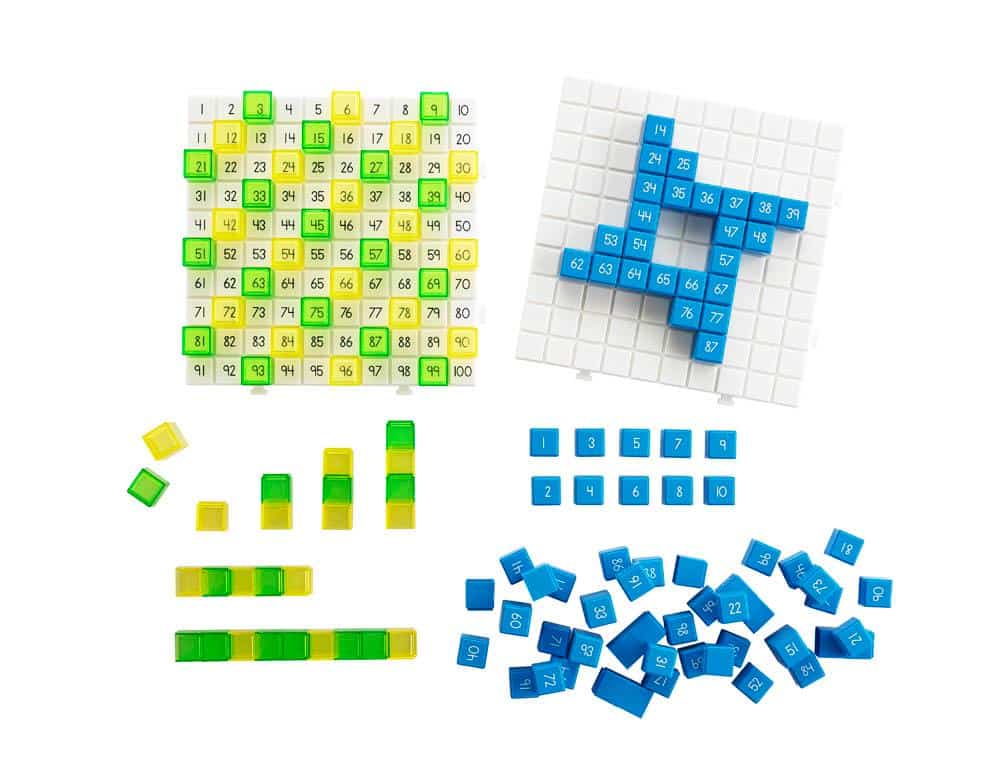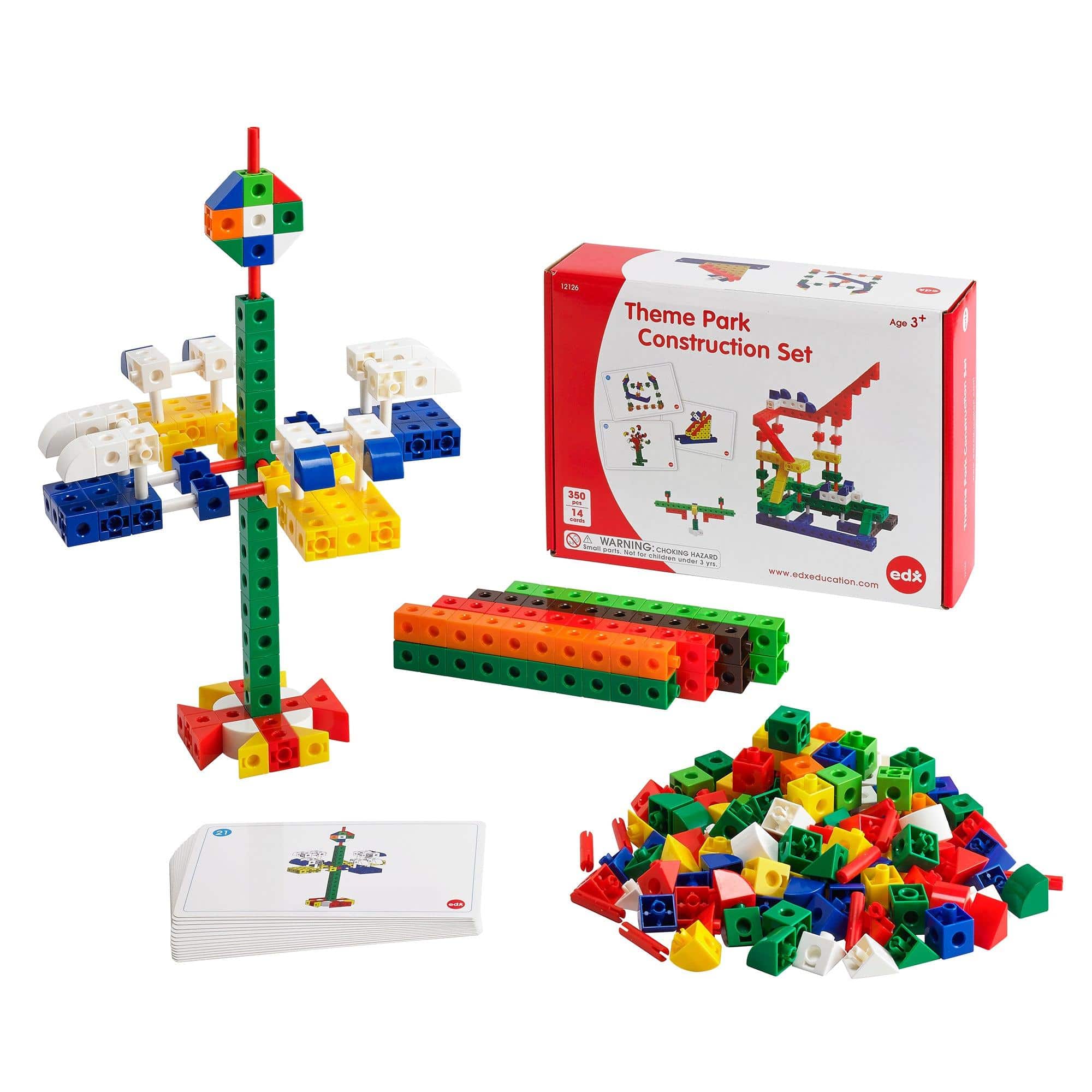The Role of Role-Playing Toys in Social and Emotional Development
Introduction
Role-playing toys have been a staple in children’s playrooms for decades. From pretending to be doctors, teachers, firefighters, or superheroes, these toys offer children endless opportunities for imagination and creativity. But did you know that role-playing toys also play a crucial role in fostering social and emotional development? In this article, we will explore the various benefits of role-playing toys and how they can positively impact a child’s social and emotional growth.
Benefits of Role-Playing Toys
- Encourages empathy and understanding
- Promotes social interaction and cooperation
- Enhances communication and language skills
- Fosters problem-solving and decision-making abilities
- Develops self-confidence and self-expression
- Supports emotional regulation and empathy
Role-playing toys provide a variety of benefits that can have a lasting impact on a child’s development. Let’s delve deeper into these advantages.
Encourages Empathy and Understanding
Through role-playing, children step into different characters and explore various perspectives. This helps them develop empathy and understanding towards others by putting themselves in someone else’s shoes. Whether they are pretending to be a doctor treating a patient or a teacher guiding their imaginary students, role-playing toys teach children to consider the thoughts and feelings of others.
Promotes Social Interaction and Cooperation
Role-playing toys often involve multiple children engaging in imaginative play together. This promotes social interaction and cooperation as they learn to take turns, share responsibilities, and collaborate to create a cohesive storyline. By working together, children develop essential social skills such as compromise, negotiation, and teamwork.
Enhances Communication and Language Skills
During role-playing, children engage in conversations with their peers, parents, or siblings. This interaction helps improve their communication and language skills as they learn to articulate their thoughts, express their ideas, and engage in meaningful dialogue. Role-playing toys create a safe space for children to practice their verbal and non-verbal communication abilities.
Fosters Problem-Solving and Decision-Making Abilities
Role-playing scenarios often present children with challenges and dilemmas that require problem-solving and decision-making. Whether it’s deciding how to solve a pretend medical emergency or resolving a conflict between characters, children learn to analyze situations, consider different solutions, and make decisions. This enhances their critical thinking skills and prepares them for real-life problem-solving.
Develops Self-Confidence and Self-Expression
Role-playing encourages children to express themselves freely and confidently. They can experiment with different roles, personalities, and emotions, allowing them to explore their identity and build self-confidence. As children gain positive feedback and affirmation from their playmates, they develop a sense of self-worth and the courage to express their thoughts and feelings.
Supports Emotional Regulation and Empathy
Role-playing provides a platform for children to express and understand their own emotions as well as those of others. By immersing themselves in various scenarios, children learn to regulate their emotions and empathize with different characters. This emotional intelligence gained through role-playing helps children navigate relationships and cope with challenging situations in a healthy and empathetic manner.
Conclusion
Role-playing toys are more than just sources of entertainment for children. They serve as powerful tools for social and emotional development. From enhancing empathy and understanding to fostering communication skills and problem-solving abilities, these toys offer numerous benefits that positively impact a child’s growth. So the next time you see your child engrossed in imaginative play, embrace their creativity and encourage their exploration with role-playing toys!



